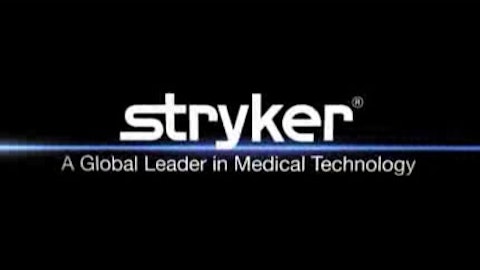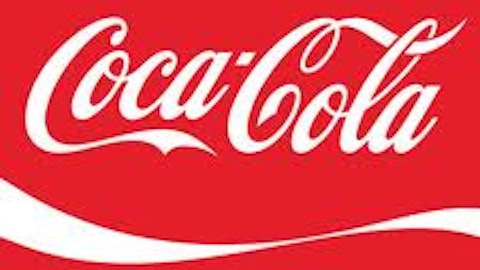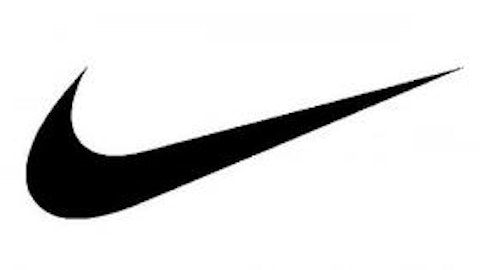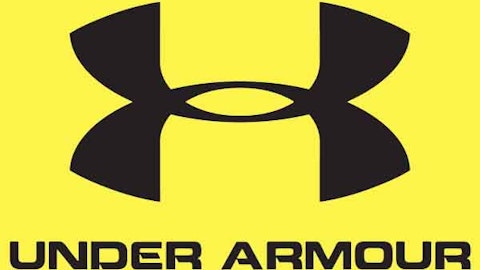Meanwhile, most of these huge companies were customer abusers on a good day, and as a simple matter of policy. Consider banking products that have had fees hitting customers left and right (even as customers had less actual contact with human beings as processes became increasingly automated). Mull the idea of subprime lending and high interest rates for the people who can afford it the least. This is usury, and, technically speaking, it is considered a sin.
For-profit educators: If you’ve seen recent ads from one of the most well-known for-profit education firms, Apollo Group Inc (NASDAQ:APOL)‘s University of Phoenix, you might feel inspired to get a degree. Just do a search for its “Let’s Get to Work, America” ad campaign.
Unfortunately, for-profit schools have several big problems. One of them is that they leave students in massive debt; consumers may be paring down their credit card debt, but they’re piling on the student loan debts at a higher rate. Meanwhile, many of the for-profit education companies don’t have great academic reputations.
In a world where high unemployment rates means no college graduates are even close to a “guarantee” of employment (an idea that was hogwash to begin with), the return on investment for students who pile on the debt using these companies is likely abysmal.
Apollo Group is one of the companies that has received plentiful scrutiny for use of federal funds, lackluster spending on student education, and the number of its students that are drowning in debt and could default. But here’s one place it hasn’t cut corners: Forbes contributor Igor Greenwald reported on its cushy retirement package for founder and chairman emeritus John Sperling despite all the bad press.
The capital that’s often squandered on for-profit education debt would be better used for entrepreneurial-minded folks who not only help the enterprising, but also could boost opportunities for other unemployed people. As for the interest rates on student loan debt, see: usury.
Sin is risk
I have more ideas for vice-ridden industries that take advantage of their customers in ugly ways — often preying on people’s desire for security — but I’m out of room for today’s column. A week from today I’ll follow up with a few more industries out there that I believe should be thrown into the vice category, and will monitor how readers feel about the issue.
Until then, what do you think are the most sinful industries? Are fast-food companies and soda purveyors really that bad, or are some industries worse, as I contend? Add your thoughts to the comments box below; I want to hear them. After all, “the wages of sin is death,” and sin stocks’ risks can hurt portfolios over the long term. Part of the “sin rush” is risk, after all, and that’s a good thing for investors to avoid.
The article Let’s Talk About Vice originally appeared on Fool.com and is written by Alyce Lomax.
Alyce Lomax has no position in any stocks mentioned. The Motley Fool recommends Coca-Cola, McDonald’s, PepsiCo, and Wells Fargo. The Motley Fool owns shares of Bank of America, JPMorgan Chase, McDonald’s, PepsiCo, and Wells Fargo.
Copyright © 1995 – 2013 The Motley Fool, LLC. All rights reserved. The Motley Fool has a disclosure policy.





